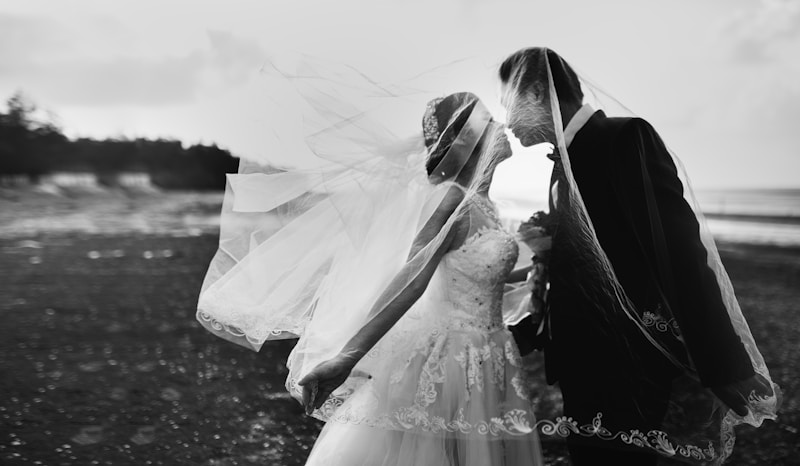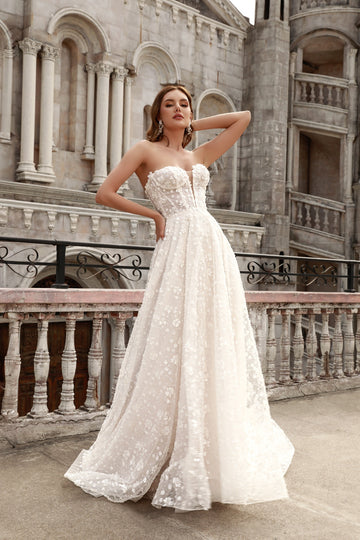Understanding Consumer Behavior in Wedding Planning: A Comprehensive Guide
Understanding Consumer Behavior in Wedding Planning: A Comprehensive Guide
Introduction
Planning a wedding can be both exciting and overwhelming. Understanding consumer behavior in wedding planning is crucial for couples and wedding planners alike. This article will explore the various factors influencing consumer decisions, trends in wedding planning, and effective strategies for navigating the planning process. By comprehending consumer behavior, you can create a memorable and personalized wedding experience.
Factors Influencing Consumer Behavior in Wedding Planning
Consumer behavior is influenced by various psychological, social, and economic factors. Below are key elements that play an essential role in wedding planning decisions:
| Factor | Description |
| Psychological Factors | Individual preferences, attitudes, and emotional factors significantly impact decisions. |
| Social Influences | Family, friends, and cultural norms shape expectations and choices. |
| Economic Constraints | Budget limitations affect the selection of venues, services, and overall planning. |
| Trends and Fads | Current wedding trends can influence couples' desires, from themes to attire. |
Psychological Factors
The psychological aspect of consumer behavior in wedding planning encompasses personal values and emotions. Couples often envision their dream wedding based on their history and emotional ties. A couple's experiences can shape their preferences for themes, colors, and types of ceremonies. For instance, a couple who met at a beach might favor a seaside wedding.
Social Influences
Social circles and cultural backgrounds play a huge role in wedding planning. Couples often feel the pressure to adhere to family traditions or societal expectations. Understanding these influences can guide decision-making processes, helping couples balance personal desires with external pressures. Couples might even seek advice from friends or family, which can lead to varied opinions about the day’s elements.
Economic Constraints
Budget is a crucial factor in wedding planning. Couples need to establish a budget early in the planning to determine their spending limits. Understanding the costs of venues, catering, and other services helps couples prioritize what is most important. Using budgeting tools can assist couples in making informed decisions that align with their financial situations.

Current Trends in Wedding Planning
Weddings are often influenced by changing trends. Here are some of the most popular trends in wedding planning:
| Trend | Description |
| Eco-Friendly Weddings | More couples are opting for sustainable practices and greener options. |
| Destination Weddings | Couples are increasingly choosing scenic locations far from home. |
| Personalization | Customized experiences that reflect the couple's personalities and love story. |
| Micro Weddings | Smaller guest lists have gained popularity, focusing on intimacy over grandeur. |
Eco-Friendly Weddings
Many couples are now prioritizing eco-friendly practices in their wedding planning. This can include using sustainable materials for invitations, local flowers, and minimizing waste by choosing seasonal foods. Couples are also opting for venues that practice sustainability, thereby reflecting their values on their special day.
Destination Weddings
Destination weddings have grown in popularity as couples seek unique locations to celebrate their unions. From tropical beaches to majestic mountains, the variety of choices allows couples to create memorable experiences with their closest friends and family. However, planning a wedding in another location requires careful consideration of travel costs and accommodations for guests.
Personalization
Personal touches can enhance the wedding experience for both the couple and their guests. Custom elements like unique themes, personalized vows, and signature cocktails can make a wedding more memorable. Couples are encouraged to incorporate their love stories into their wedding designs, adding a touch of intimacy.
Micro Weddings
Micro weddings, characterized by smaller guest lists, have surged in popularity, especially following the pandemic. This trend allows for a more intimate atmosphere, often resulting in a more relaxed and enjoyable celebration. Couples can allocate their budget more effectively, creating a lavish experience for fewer guests.
Strategies for Effective Wedding Planning
To successfully navigate the complexities of wedding planning, couples should consider the following strategies:
Establish a Clear Budget
Creating a detailed budget helps in prioritizing expenses. Couples should list out their must-haves and areas where they can cut back. This financial roadmap ensures that they stay within their limits and avoid overspending.
Research and Compare Vendors
Invest time in researching various vendors to find those who best align with your vision and budget. Reading reviews, asking for referrals, and meeting vendors in person can lead to informed decisions. Trustworthy vendors can significantly impact the wedding experience.
Create a Timeline
Developing a timeline helps couples stay organized and on track. Important tasks such as securing a venue, hiring vendors, and sending invitations can be efficiently scheduled to reduce stress in the lead-up to the wedding.
Communicate with Your Partner
Open communication between partners is essential throughout the planning process. Discussing expectations, preferences, and compromises early on can facilitate a smoother planning journey. Ensuring both voices are heard can enhance mutual understanding and connection.
Additional Considerations
As you plan your wedding, here are some additional considerations to keep in mind:
- Be Flexible: Things may not go as planned; being adaptable can help mitigate stress.
- Enjoy the Process: Remember to appreciate the journey of planning as much as the actual day.
- Focus on What Matters: Keep your priorities in line with your vision, and don’t get sidetracked by trends that don’t resonate with you.
Conclusion
Understanding consumer behavior in wedding planning is essential for achieving a successful celebration that resonates with your personal desires. By considering factors such as psychological influences, social dynamics, economic constraints, and current trends, couples can navigate their planning journey with confidence. Remember, the key to an unforgettable wedding experience lies in personalization, effective budgeting, and open communication. Embrace the experience, and enjoy creating memories that will last a lifetime.
This article has explored various facets of consumer behavior and trends in wedding planning. By applying these insights, couples can make informed decisions and create the wedding of their dreams. Take the time to research, plan thoughtfully, and communicate openly with your partner, and remember to enjoy every moment of this beautiful journey.
